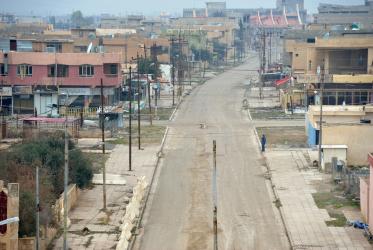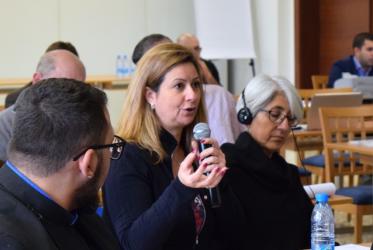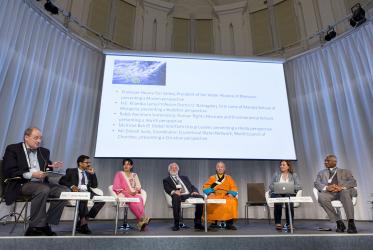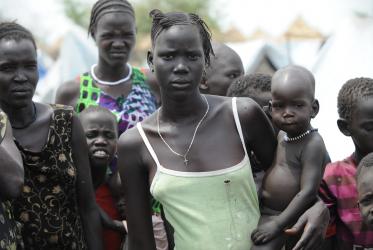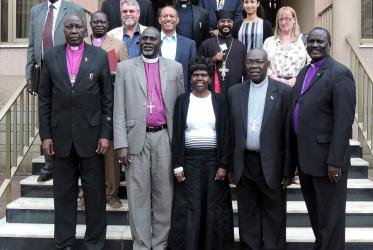Displaying 161 - 180 of 256
In Lebanon, refugees face hardship - but find hope
16 March 2017
Churches’ diaconal action in the Middle East analyzed
01 December 2016
South Sudan: role of civil society vital in seeking peace
04 October 2016
South Sudan Council of Churches issues message to UN delegation
07 September 2016
Children are being let down over HIV care
17 July 2016
WCC conference explores ecological injustice in Uganda
21 April 2016



